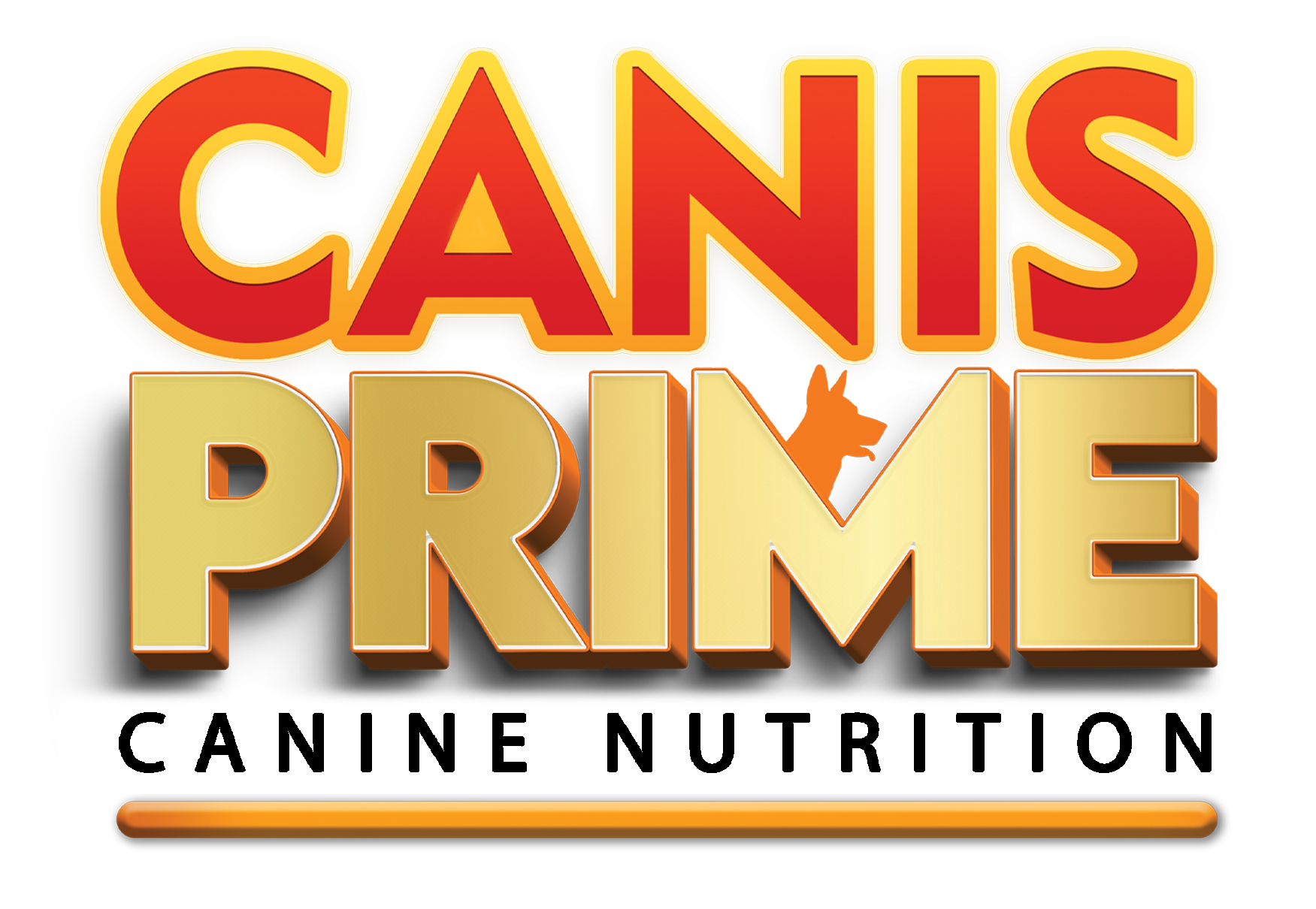Top 7 Foods That Are Harmful For Your Dogs
Taking care of our pet dogs is a big responsibility. Sometimes we like to share our food with them because we love them so much. However, giving our dogs certain foods can be dangerous and harm their health. In this section, we’ll look at foods that might not be good for our beloved dogs. We’ll explore why these foods can be harmful and why it’s important for pet owners to be aware of them. By understanding the risks linked to these seemingly harmless treats, we want to give dog owners the knowledge they need to keep their furry family members safe. Let’s learn about the truths behind foods that could affect the health of our fur babies.
1. Alcohol
Because dogs are smaller than humans, alcohol can have a deadlier effect on them. Dogs are often attracted by the sweet taste of alcoholic drinks.
Alcohol contains ethanol, which causes intoxication. When dogs ingest alcohol, it’s quickly absorbed into their bloodstream, leading to poisoning. Even a small amount can harm dogs because they’re smaller and metabolize differently than humans.
Alcohol affects dogs’ central nervous system, causing symptoms like vomiting, diarrhea, breathing difficulties, coordination problems, confusion, lethargy, and in severe cases, seizures or coma. It can also harm their liver and other organs.
Symptoms of alcohol poisoning in animals—including dogs—are similar to symptoms in people, including vomiting, breathing problems, coma, and in severe cases, death.
To prevent accidental ingestion and harm, it’s essential to keep all alcohol and alcohol-containing foods away from dogs.

2. Avocados
You might think of avocados as healthy; however, they’re anything but healthy for dogs. Avocados contain a substance called persin that can act as a dog poison, causing vomiting and diarrhea.
Avocados, if eaten, may also trigger fluid accumulation in the lungs and chest. This can lead to difficulty breathing and death from oxygen deprivation.
To prevent your dog on eating avocados, make sure to dispose of avocado remnants securely in a trash can with a lid.
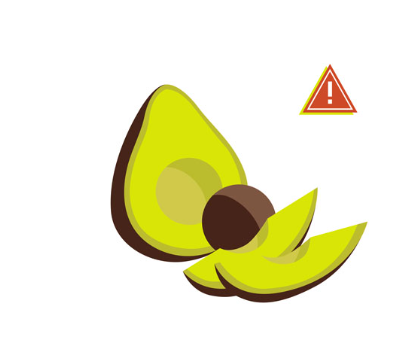
3. Coffee, Tea and other Caffeine
Caffeine has something called methylxanthines, which can be really dangerous for dogs. If your dog eats things with caffeine, like coffee grounds or drinks with lots of caffeine, it could make them very sick. They might have diarrhea, throw up, shake a lot, have seizures, or their heart might beat irregularly. It could even be fatal. So, it’s crucial to keep anything with caffeine away from your dog to keep them safe and healthy.
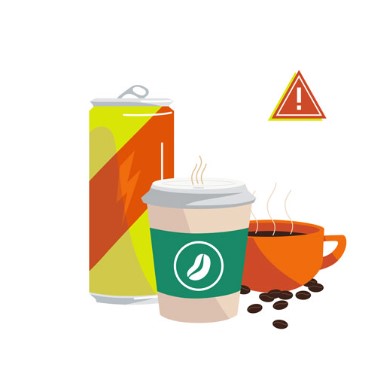
4. Grapes & Raisins
Grapes and raisins have stuff in them that can make dogs really sick, although scientists aren’t exactly sure what causes it. Even if a dog eats just a few grapes or raisins, it can lead to big health issues like kidney problems, throwing up, diarrhea, feeling really tired, and sometimes even dying. Symptoms of raisin or grape poisoning include vomiting and diarrhea, loss of appetite, changes in the amount of urine passed, or not passing any urine. So, it’s super important to make sure dogs don’t eat any grapes, raisins, or foods that have them in it. If a dog does eat them, it’s urgent to take them to the vet right away to help avoid serious health problems.
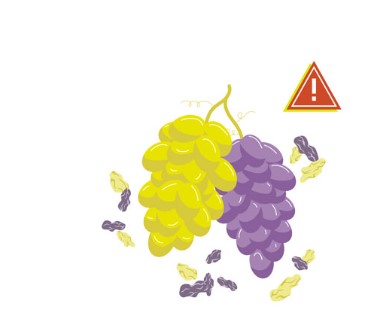
5. Onions, Garlic, Chives, & Leeks
Many pet owners are surprised to learn that certain herbs, like onions and garlic, are not safe for their furry friends. Onions, garlic, chives, and leeks contain substances called sulfoxides and disulfides. These compounds can damage red blood cells in dogs, leading to a condition called anemia. Anemia is a serious health problem where the body doesn’t have enough healthy red blood cells to carry oxygen to tissues. Even small amounts of these plants or their derivatives, like powders, can be harmful to dogs. It’s important to keep all foods containing onions, garlic, chives, and leeks away from dogs to prevent accidental ingestion and potential harm.
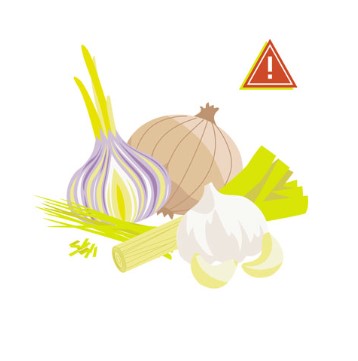
6. Salt
Salt contains sodium, which can be dangerous for dogs if consumed in large amounts. When dogs ingest too much salt, it can lead to sodium ion poisoning, also known as salt toxicity. This condition can cause symptoms such as excessive thirst, vomiting, diarrhea, lethargy, tremors, seizures, and in severe cases, coma or death. Dogs can accidentally consume too much salt by eating salty foods or ingesting large quantities of salted water, such as seawater or salty homemade playdough. It’s essential to monitor your dog’s salt intake and keep salty foods and substances out of their reach to prevent salt toxicity.

7. Chocolates
Chocolate poisoning is a common problem for pets. Chocolate has a dangerous substance called theobromine, which is lethal for animals. The darker the chocolate, the more theobromine it contains. Chocolate also has caffeine, and some sugar-free types might contain xylitol, which is toxic to dogs.If a pet eats chocolate, they might show signs like being too active, throwing up, having diarrhea, getting pancreatitis, having an abnormal heart rate, or having seizures. Even if it’s just a little bit of chocolate, it’s important to call the vet right away if your pet eats any. To avoid having our dogs consume
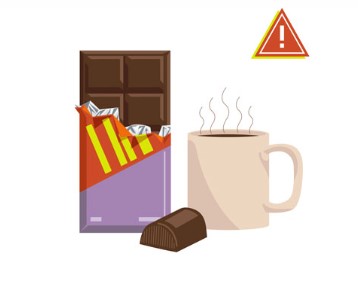
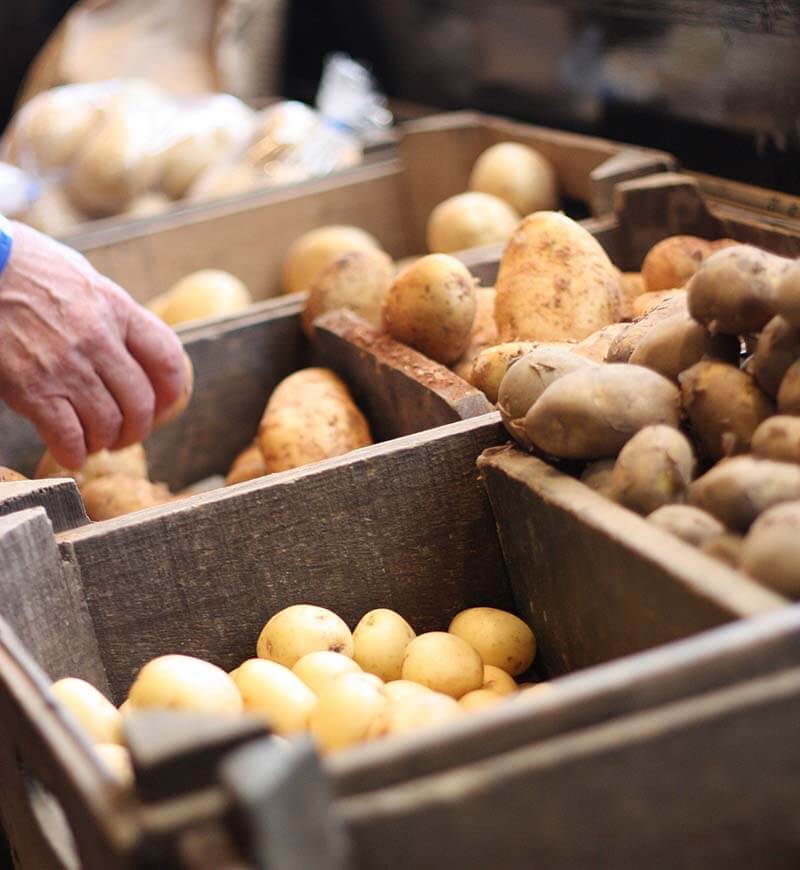
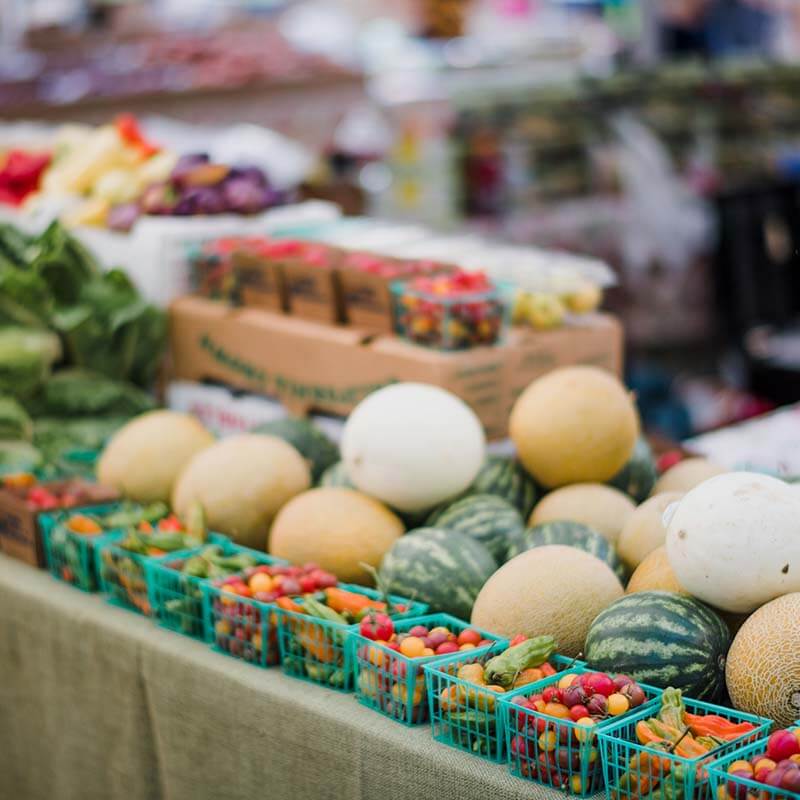
Remember to give new foods slowly and not too much at once.
It’s always a good idea to talk to your vet before you change your dog’s diet, especially if they have health issues
